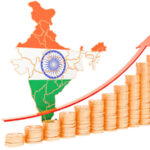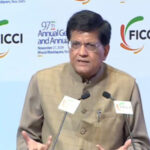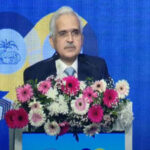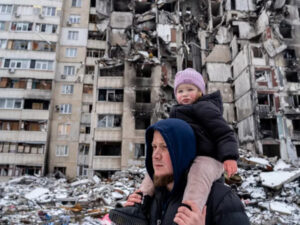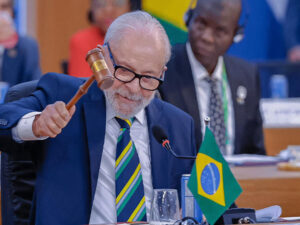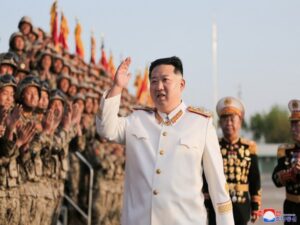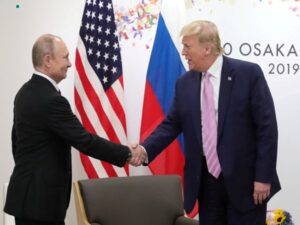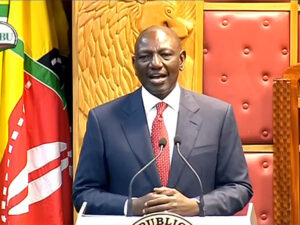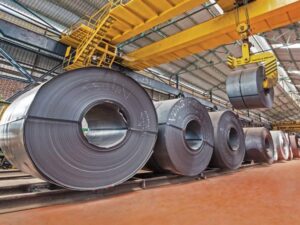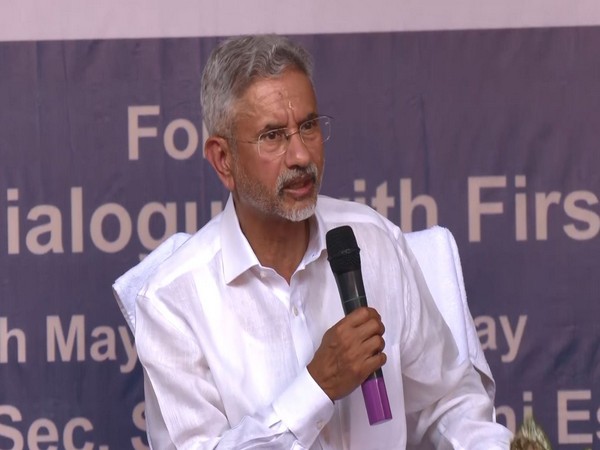
New Delhi [India], May 20 (ANI): While emphasising the importance of the Chabahar Port agreement inked between New Delhi and Tehran, External Affairs Minister S Jaishankar expressed gratitude to Iranian President Ebrahim Raisi and Iranian Foreign Minister Amir-Abdollahian, the two leaders who died in a plane crash, for their interest and initiative with the project.
The EAM was interacting with the first-time voters at Delhi Tamil Association School in the national capital on Monday.
“We’ve been trying for almost 20 years now to have an agreement with Iran. We could have a short-term agreement because there were a lot of problems on their side. But in recent months, thanks to the two people who unfortunately died yesterday in the helicopter crash, the president of Iran and the foreign minister of Iran. Because of their interest and initiative, we were able to finalize a long-term agreement,” Jaishankar said at the event.
The Iranian President, along with several other key leaders, was returning from a visit to Azerbaijan when his helicopter crashed in Tabriz city of Iran.
India has declared one day of state mourning on Tuesday (May 21) throughout the country as a mark of respect to the departed dignitaries. The Ministry of Home Affairs said that the national flag will be flown at half-mast throughout the country on all buildings where it is flown regularly and there will be no official entertainment on the day.
Emphasising the importance of the Chabahar project in global connectivity, the Foreign Minister highlighted that India is also working on several other projects aimed at enhancing its global connectivity.
“This is very important because one of the big things in the world connectivity corridor…go through Gujarat, Maharashtra, go through sea, from Iran to Central Asia, Azerbaijan, Russia, you can actually go to the whole of northern Europe. We are also planning something through Saudi Arabia, which will take us to Southern Europe. We are looking at something through Myanmar, which will take us all the way to Myanmar,” the EAM said.
He added, “All these corridors, India’s position will be very much at the centre of this whole thing. It will benefit us. So the Chabahar port agreement is something bigger than a port. It is part of a connectivity change that we are looking at, and that’s why we are very keen to go forward.”
The Chabahar Port is an India-Iran flagship project that serves as an important transit port for trade with Afghanistan. India has been a key player in the development and operation of Chabahar Port.
Further speaking at the event, Jaishankar also highlighted the changes brought by the New Education Policy, stressing the importance of practical teaching and imparting students with relevant skills in the job market.
“Five or ten years ago when I used to go to university, they would ask me to meet three or Five students who were the gold medalists. Now, they ask me to meet five or seven students who have patents, startups, who have something relevant to employment, technology, progress…they have done something which is relevant to the employment place, technology, progress, or they have some recognition by some society,” he further said.
“Today have to relook at education not in the old way…that is why New Education Policy. The syllabus is more practical. We have to produce people, who finish the study and are ready to work…today I am glad this change has come,” Jaishankar added.
As India and Iran signed a long-term contract for operating the Shahid-Beheshti Port Terminal in the presence of Indian and Iranian ministers, it is pertinent to note that the Chabahar port pact deal inked between the two nations will not only enhance regional connectivity but will also facilitate trade, particularly between India, Iran and Afghanistan, bypassing Pakistan.
The Long-Term Bilateral Contract on Chabahar Port Operation was signed between Indian Ports Global Limited (IPGL) of India and the Port & Maritime Organisation (PMO) of Iran, enabling the operation of Shahid-Behesti in the Chabahar Port Development Project for a period of 10 years. (ANI)

